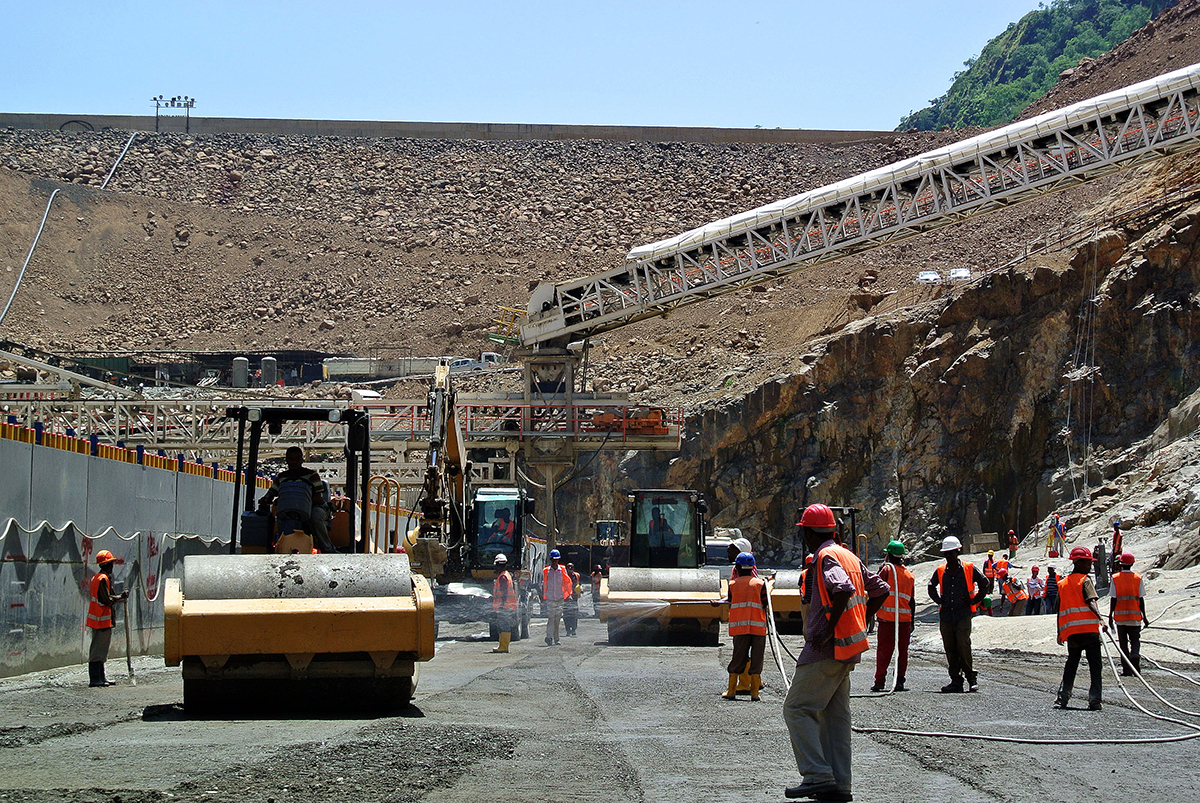The latest strand in its strategy involves upgrading the national road network. This follows a previous commitment to improve the road connections with Kenya and South Sudan. The AfDB has agreed to provide the finance in the form of grants and loans to fund the roads connecting the towns of Jimma, Sawla and Sodo in the south of the country with the main highway system.
It will make it easier for farmers to transport their produce to bigger markets and will support the growing sugar industry in the south of Ethiopia. In addition, the government hopes that the new roads will enable the development of coal mines in the region, probably to supply cement producers.
Navjeet Virk, a partner at law firm Pinsent Masons who worked on the deal, said: “The AfDB’s financial involvement in this expansion project showcases its continued commitment to improving transport infrastructure development in Africa. This investment also marks another phase in Ethiopia’s commitment to upgrading its road network and follows recent projects such as the Modjo to Hawassa Expressway which broke ground in early 2016.” Chinese companies are already working on other road projects elsewhere in the country.
This road investment fits in with the government’s policy of focusing on two main forms of infrastructure: transport and dams. The 1,870 MW Gigel Gibe III dam was completed in mid-2015 and work is continuing on the 6 GW Grand Ethiopian Renaissance Dam (GERD). Apart from providing electricity for domestic consumption, the jumbo hydro projects will supply electricity to neighbouring countries and water for vast new irrigation schemes.
In the transport sector, the first ever urban light railway in Sub-Saharan Africa opened in Addis Ababa in 2015. The first $475m line runs 17km from the city centre to industrial areas on the southern edges of the city, while a second line that will connect the east and west of the city is still under construction. China Railway Group built the system, which is being initially operated by Shenzhen Metro. Congestion is still a huge problem in the city, but it is at least a first step.
A much bigger financial commitment was required to finance the new electrified railway from the Port of Djibouti to Addis Ababa. The $4bn scheme, which has just been completed, has cut freight transport times on the route from two days to ten hours.
Yet again, Chinese involvement has been crucial. China Railway Group and the China Civil Engineering Construction Corporation built the line, while Chinese banks have provided funding. The World Bank estimates that the country needs to invest $5.1bn a year in infrastructure for ten years in order to overcome existing constraints on development.
An African China?
There is some debate over just how closely Ethiopia is following the Chinese model of economic development. Yet with its emphasis on infrastructural investment and average annual economic growth of 10.8% over the past ten years, there is no doubt that its strategy is closer to that of Beijing than any other African country.
The big difference, however, is in the level of economic freedom. While Beijing keeps a tight rein on political freedom, it has allowed private enterprise to prosper. For its part, Addis Ababa still retains control of several key sectors for state owned enterprises. Yet despite the restrictions, foreign investment is being attracted into the country.
According to international accountants Deloitte, investment in Ethiopia is among the highest in the world relative to its GDP. The fact that the economy still grew by 8% in financial year 2015-16, which saw a very severe drought, underlines the speed at which the economy is growing.
Most recently, on 15 March, AccorHotels announced that it would open three new hotels in Addis Ababa between 2019 and 2021, with combined accommodation of 527 rooms. The group’s Middle East and Africa chief executive, Steven Daines, said the new hotels would “help build a leadership for AccorHotels across segments on this promising and fast growing market”. One will be built close to the African Union headquarters and two near the United Nations Economic Commission for Africa building.
©Alleastafrica and African Business



